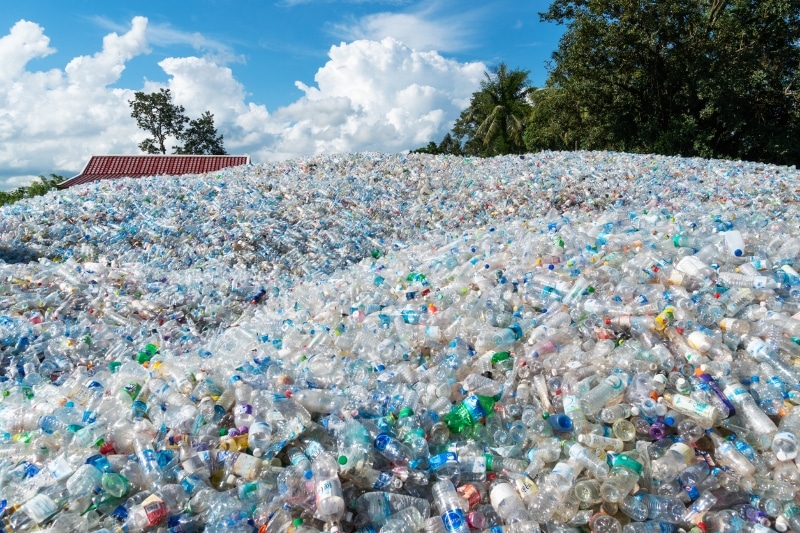Amid the COVID-19 pandemic threats to public health and the environment, the National Solid Waste Management Commission (NSWMC) and the Japanese government are working together to establish guidelines for the accurate characterization of wastes for the use of local government units in the Philippines.
Through the Ministry of Environment of Japan, a Waste Analysis and Characterization Study (WACS) Manual was developed as part of Japan’s cooperation with the NSWMC. The manual sets technical standards for analyzing waste characteristics to guide LGUs in making and implementing waste reduction and management programs.
About 7,700 copies of the manuals were delivered to the Department of Environment and Natural Resources-Environmental Management Bureau (DENR-EMB) Regional Offices and Bangsamoro Autonomous Region in Muslim Mindanao – Ministry of Environment, Natural Resources and Energy (BARMM-MENRE) for their distribution to LGUs. Some have already used the manual as a reference in conducting solid waste management training.
Aside from assistance in solid waste management, JICA has also been supporting initiatives for environment conservation and management in the Philippines including cooperation in forestland management, coastal conservation, water improvement, septage management, and sharing of Japanese innovations in recycling technologies, among others.
The Asian Development Bank Institute (ADBI) has earlier said that the Philippines is facing a waste crisis, perhaps of an “unimaginable scale.” The country is producing 2.7 million metric tons of plastic waste per year, out of which 17% of the collected plastic waste and 31% of the uncollected waste is leaked into the ocean. Government projections showed that generated waste would reach 23.6 million MT by 2025.
(Sources: JICA; The Philippines Star)

